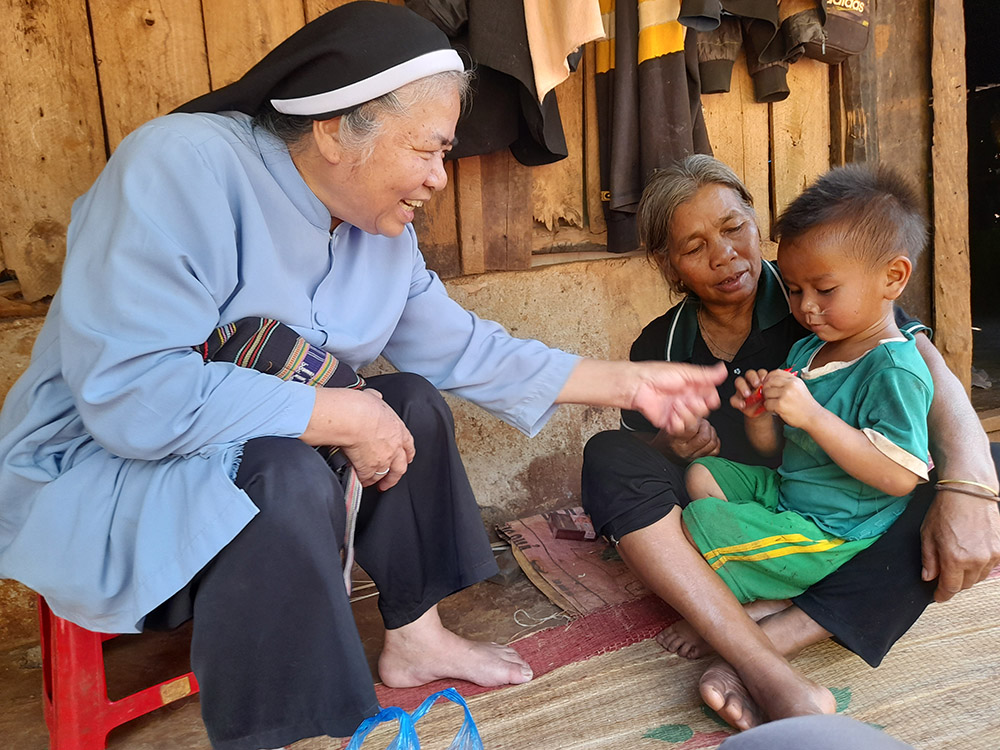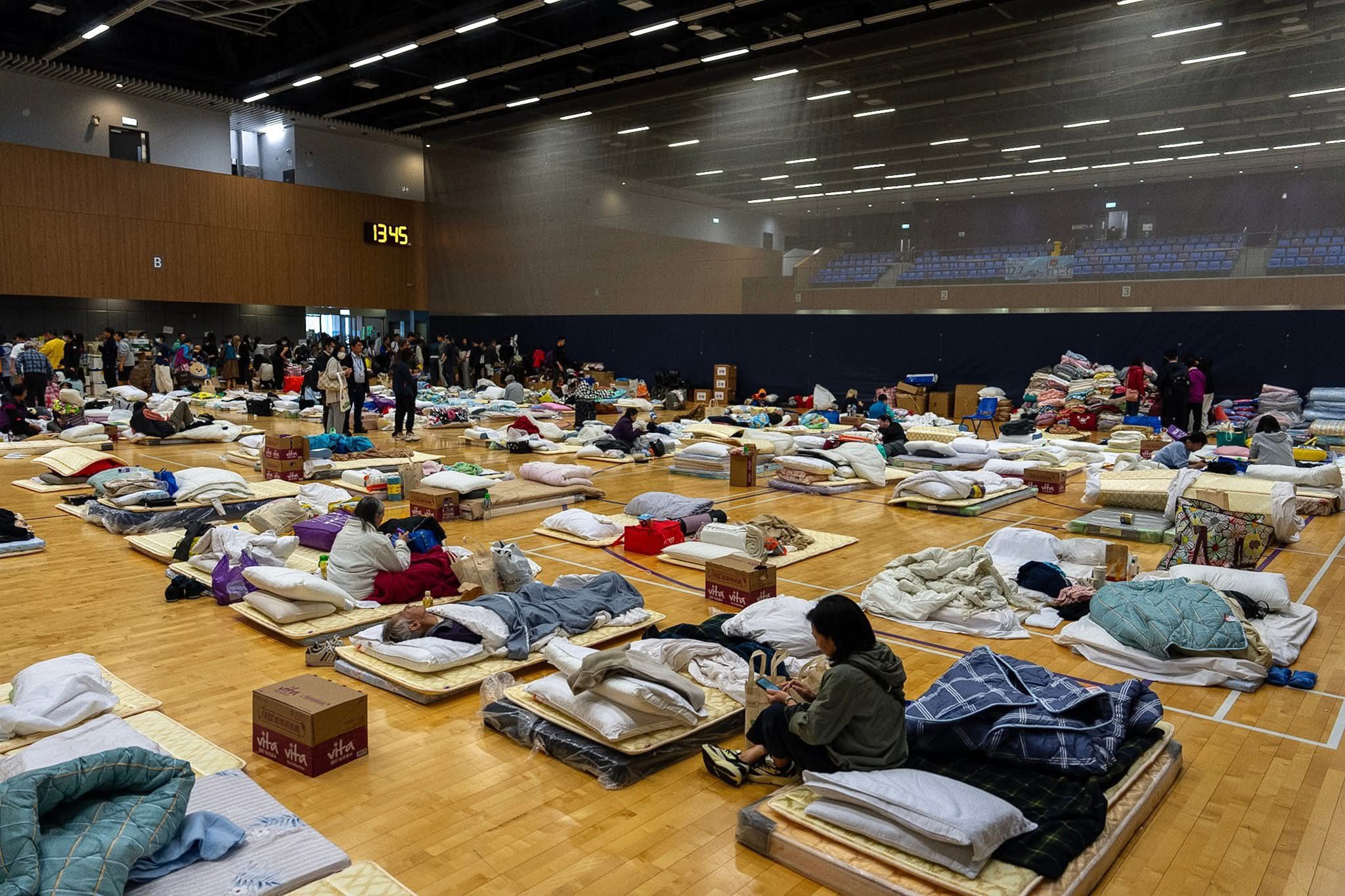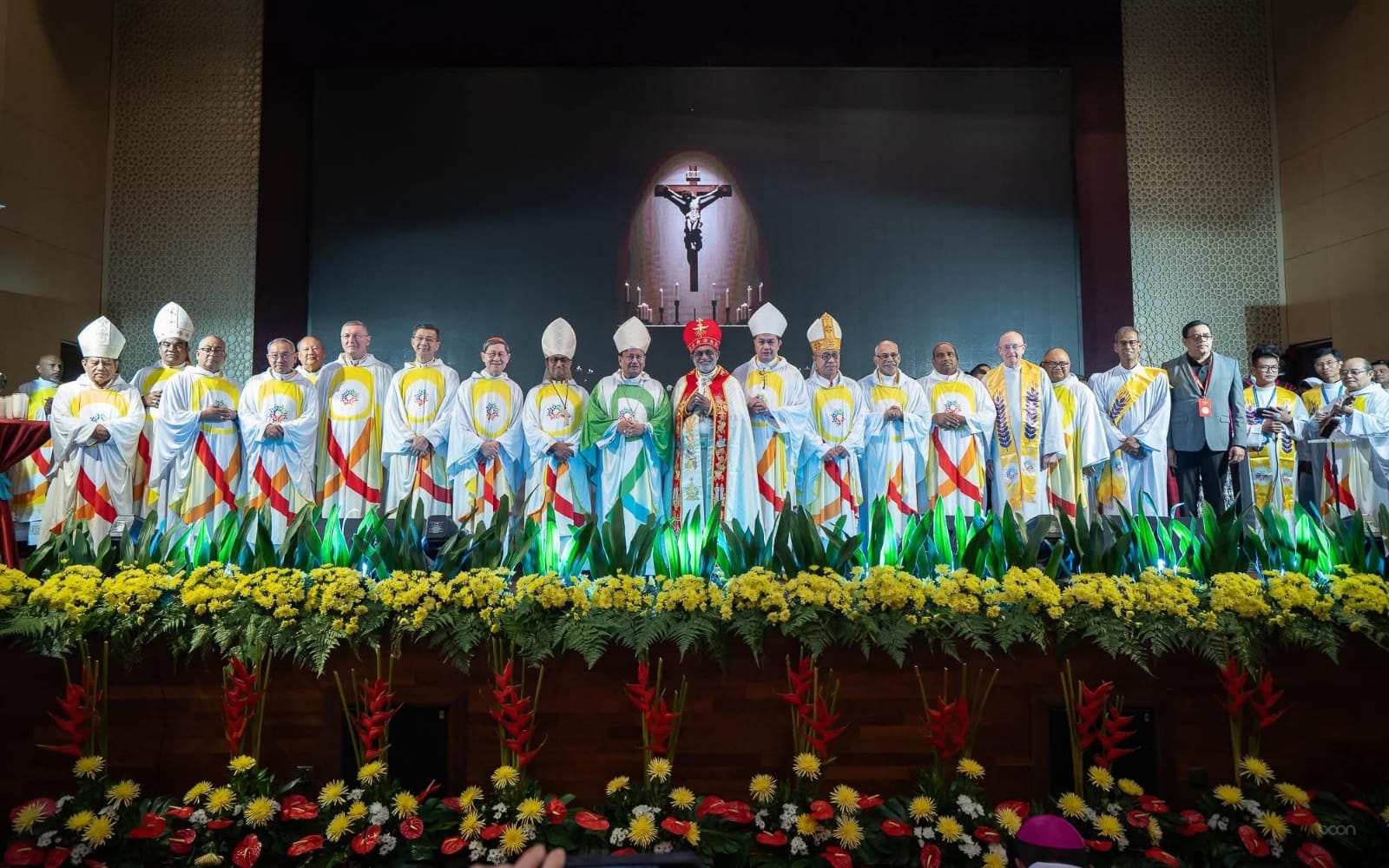Joaquim Magalhães de Castro
Regarding human trafficking, which is increasing in a complex and exponential way in Vietnam (and throughout the world), with social media playing a key role in this particular situation – a “fertile ground” where criminals exploit different ways to attract and defraud potential victims – Sister Teresa Pham Ninh Khanh Hau, of the Caritas Diocese of Hung Hoa, north of Ho Chi Minh City, convened a meeting of over a hundred teenagers to share essential knowledge with them, aiming to raise awareness and “help them remain vigilant against human trafficking.”
The truth is that online scams are increasingly encouraging young Vietnamese to participate in it, not only in their home country but also in neighboring countries – Cambodia, Laos, Myanmar, and China. This is already “an urgent social issue” in Vietnam, with consequences whose severity has yet to be determined.
The children of the Tien Non parish – a deprived rural region in central Vietnam that subsists on rice cultivation – when faced with important choices for their future, revealed that they lacked adequate information about “safe migration and the harmful human trafficking” that can be associated with it. And certainly, the knowledge provided not only by Sister Teresa Pham but also by Caritas’ Committee for Safe Migration and Prevention of Human Trafficking – based in the historic city of Hue – will help them be more cautious and confident in making decisions, “which are intended to be the most correct ones,” especially in a society where the difference between what is ‘right’ and ‘wrong,’ or ‘truth’ or ‘lie’ – a reality well reflected on social media – is increasingly tenuous.
According to the Vietnamese Public Prosecutor’s Office, the country’s authorities have already detected—and are currently investigating—hundreds of cases, including dismantling criminal human trafficking rings (operating domestically and internationally) and rescuing many of their victims. In 2024, the country investigated 163 cases of human trafficking; this year, in the first six months alone, 120 cases have already been “detected and prosecuted.”
With over 72 million users—about 73% of the population—Vietnam is one of the leading countries in internet and social media use worldwide. Of these, 7% are between 13 and 17 years old, and almost 10% are between 18 and 24 years old. According to statistics, Vietnam currently has approximately 24.7 million children (representing almost 25% of the population), of whom 97% use the internet between 5 and 7 hours a day.
Caritas Vietnam – the “Charity and Social Action Commission” – was founded in South Vietnam in 1965, but in 1976 it was ordered to cease its operations and hand over all its assets to the government. The moratorium lasted 22 years until the agency was finally reestablished in June 2008. Currently, Caritas Vietnam focuses its activities in the country’s capital, “but its scope of action extends to the 26 diocesan delegations.”
Caritas Vietnam’s programs aim to promote integral human development and provide “emergency assistance.” The organization organizes workshops on HIV/AIDS to prevent the spread of this epidemic, with training and counseling sessions being a key part of these workshops. Caritas Vietnam’s social service activities include campaigns to help dioceses promote education and life skills for young people, water projects to improve the health of leprosy patients, and direct support for people with disabilities. The organization also maintains a scholarship program for the neediest students.
The Caritas Vietnam headquarters in Ho Chi Minh City – which guides and coordinates the work of the 26 diocesan offices – employs 14 staff and is comprised of four departments: education and training, communications, social services, and finance.
Caritas Vietnam is a member of Caritas Internationalis and Caritas Asia and works in partnership with Caritas Germany, Caritas France, Catholic Relief Services USA, Caritas Japan, Caritas Singapore, Caritas Slovakia, and Caritas Norway.
According to statistics, the number of Catholics in Vietnam today is approximately 7,294,713, representing 7.21% of the population, distributed across 27 dioceses, where there are approximately 56,133 catechists. These catechists constitute a very important part of the parish, teaching catechesis to children and young people aged 4 to 18. Depending on the specific situation, the number of students and catechists in each parish varies. Besides religious men and women, most catechists are parishioners who volunteer for this important role. The training and selection of catechists is typically done by the parish priest, almost always under the guidance of other religious leaders religious who choose the ones thata “in terms of knowledge and skills” can best minister the teachings of the Catholic Church.


 Follow
Follow


